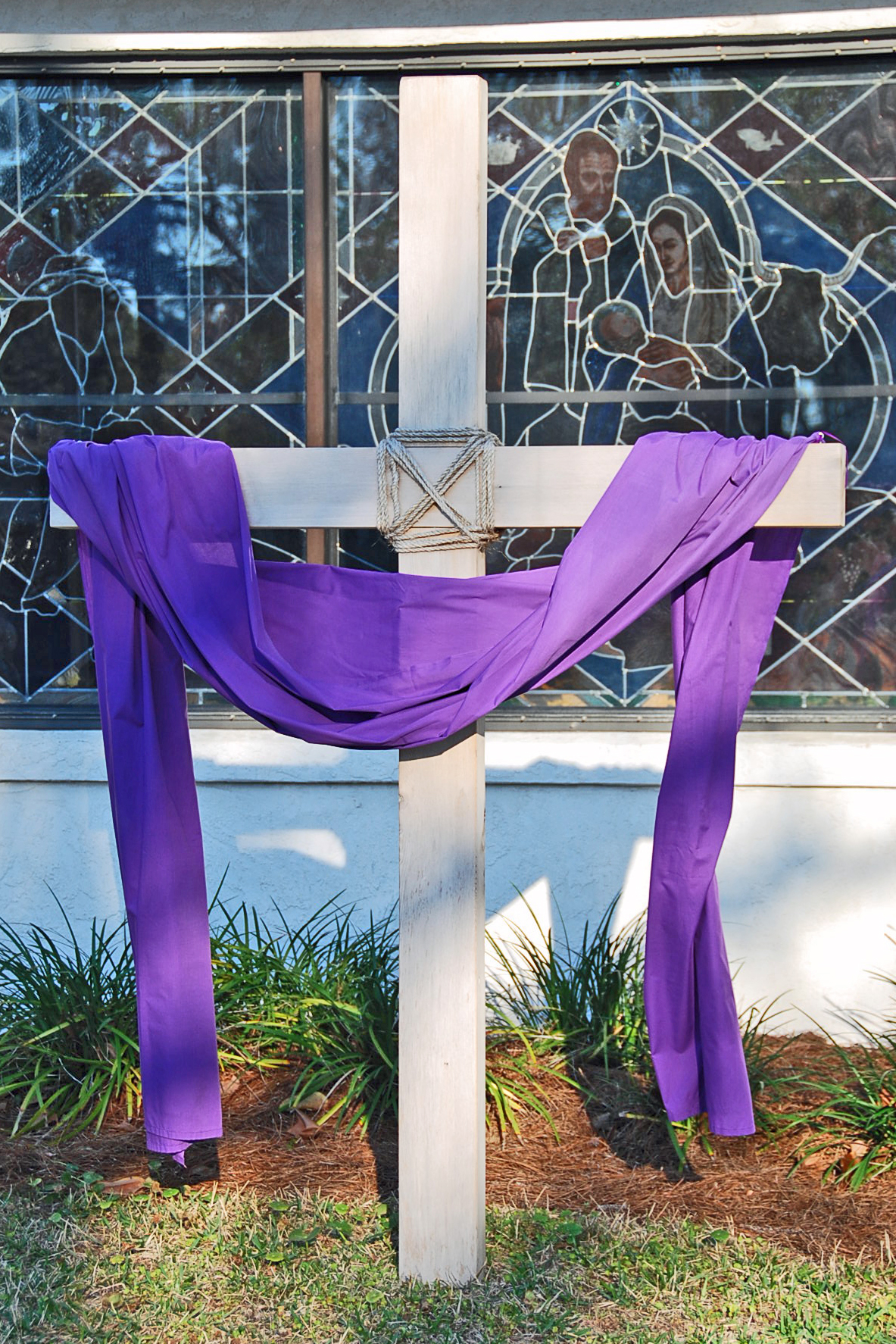For the next few days, we are going to explore episodes in the Christian Bible associated with the number forty, which are also traditionally associated with Lent.
Then some of the Pharisees and teachers of the law said to him, Teacher, we want to see a sign from you.
He answered, A wicked and adulterous generation asks for a sign! But none will be given it except the sign of the prophet Jonah. For as Jonah was three days and three nights in the belly of a huge fish, so the Son of Man will be three days and three nights in the heart of the earth. The men of Nineveh will stand up at the judgment with this generation and condemn it; for they repented at the preaching of Jonah, and now something greater than Jonah is here.
Matthew 12.38-41
I like movies, video games, and performance art. I like the low-brow stuff like the Cirque de Soleil, but I also like the real weird stuff by David Byrne or Robert LePage. I like action films, multi-media presentations during rock shows, and live performances because of all the thought, creativity, and spontaneity that usually accompanies them.
I want to see something cool. I want spectacle.
This, I think, is what the Pharisees were after: a little razzle dazzle. They had heard all these rumors about Jesus and wanted him to perform for them what he had demonstrated for so many others. They wanted some proof from the pudding, something to validate Christ’s ministry and teaching, a way to make sense of all the provocative things he had said and done.
Thing is, they had it all wrong. The “sign” they really needed to see was the sign of Christ’s resurrection, prefigured by the three days and nights Jonah spent in the belly of the great fish before being vomited (resurrected) onto the shore of Ninevah.
They wanted magic, but Jesus knew that the only real sign that would satisfy them was the sign of his resurrection.
Why, then, did he call them wicked? Because resurrection is always preceded by death. In order for them to get their sign, Christ had to be killed; and, as it turns out, they were only too happy to oblige him in this regard later on. Not only are they wicked because they refuse to repent (unlike the Ninevites), but they are also wicked because they plan to murder the prophet who brought them their chance at redemption.
In contrast to the Ninevites (the people to whom Jonah preached for forty days) who looked evil and yet were quick to repent, the Pharisees looked outwardly holy but had no desire to re-orient themselves to Christ or to God’s true plans to heal the world. When Jesus told them they would receive the sign of Jonah, he was referring to both his resurrection and the coming judgment. While the Ninevites escaped this judgment, the Pharisees did not.
I wonder sometimes if I, too, trade lightly the suffering of Jesus in favor of some small spectacle. I wonder if, instead of taking the hard and narrow path of right living and right thinking, I wander down a broader path of easy living and idle thought.
Whenever I find myself dreading a conversation or a confrontation, putting it off to do something fun, easy, or whimsical, I wonder if I’m trading away the model of suffering Christ gave me. Whenever I choose to study more or write more, in my warm office with my magnificent Mac instead of taking another sorrowful phone call or spend another hour on the couch counseling, I wonder if I’m trading spectacle for suffering.
I wonder, from God’s perspective, how often I choose to look at things that make me smile instead of things that keep others from smiling.
Maybe this is all too big of a stretch. Maybe I’m reading too much into them, but I can’t help but hear real pain and real hurt in Jesus’ words back to the Pharisees: A sign?
Do you know what that will cost?
Do you have any idea what manner of sign will satisfy you?
That’s it, really. I’m a little terrified that I will never be satisfied by all the signs in Heaven and earth. I’ll just keep wanting more, because the real sign I ought to be looking for isn’t the performance art of a messiah, but the humble obedience of a servant. I ought to be providing my own signs, suffering alongside him for the sake of others, and through that empathy and compassion experiencing the new life and significance he promises to all who take up their cross.
This is my final thought: signs don’t come cheaply. They have to be purchased. Real joy and peace don’t come cheaply either. That’s why the wealthy and healthy so rarely have a resident and unshakeable joy. They’ve got what they’ve got by bypassing suffering and death, not by going through them.
If you want to witness a resurrection, then all you’ve got to do is put an end to Christ and watch him wow the world with his power, but if you want to be resurrected, then you’ve got to be crucified.
Is that a price you’re willing to pay?
This post is from Seasons of Christian Spirituality.
fossores
Related posts
Categories
Category Cloud
Tag Cloud
Recent Posts
- Victors and Victims November 6, 2018
- 3 Hacks for Happiness October 29, 2018
- Hope Against Death September 20, 2018
- The Shape Of The Cross September 19, 2018


